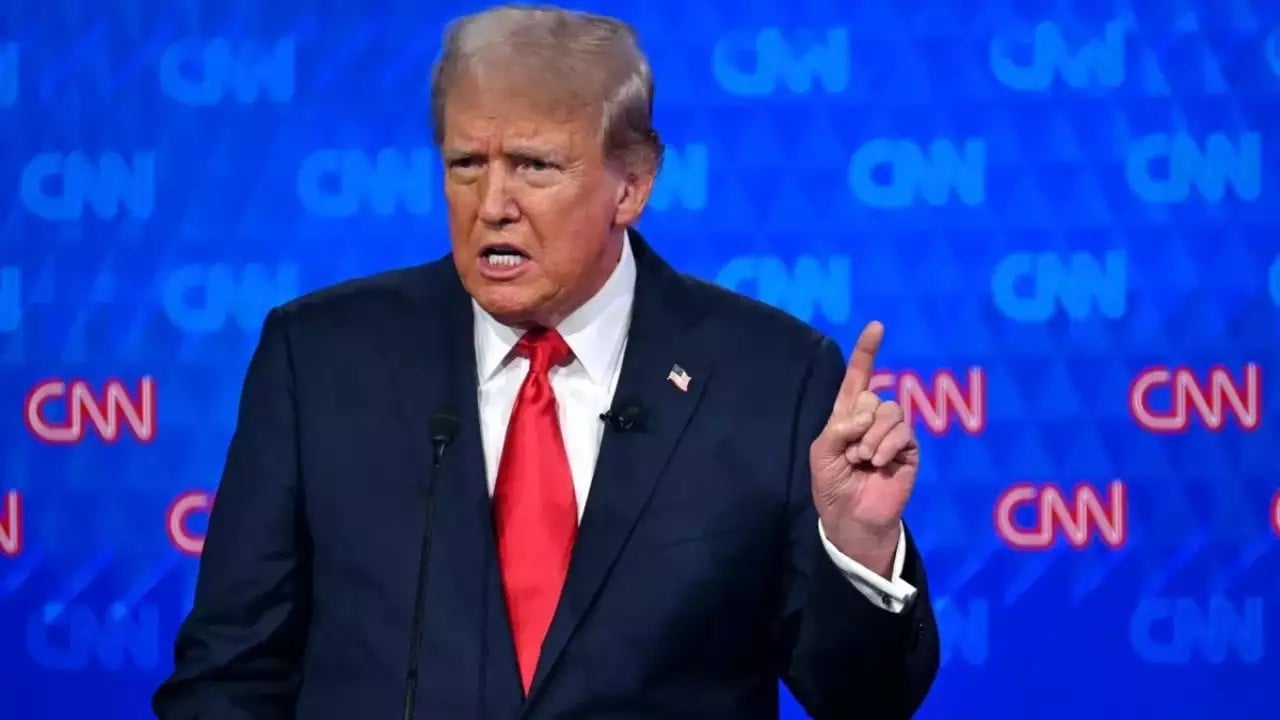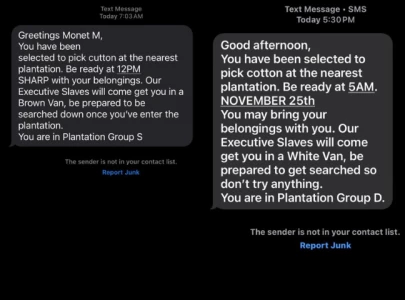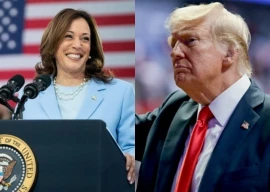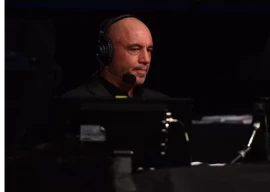
Special counsel Jack Smith filed a new indictment against former President Donald Trump on Tuesday, aiming to strengthen one of two criminal cases against the Republican nominee following the Supreme Court’s recent decision on presidential immunity.
Trump, 78, is still facing the same four charges from last August related to his efforts to overturn the 2020 election results against Joe Biden. However, Smith’s team has adjusted their arguments to align with the Supreme Court’s ruling that Trump has "absolute" immunity from prosecution for certain official actions.
Smith noted in a filing that the revised indictment, presented to a new grand jury, reflects the Government’s efforts to comply with the Supreme Court’s ruling.
The most notable change in the indictment is the removal of details about Trump’s interactions with former acting Assistant Attorney General Jeffrey Clark and accusations that Trump tried to use the Justice Department to stay in power.
Two sources informed The Post that Clark is not cooperating with Smith’s investigation, contrary to social media speculation following the indictment. Clark, who faces charges alongside Trump in a separate Georgia election tampering case, had urged GOP legislators to reconsider election results before Biden’s inauguration.
Trump responded angrily to the revised indictment, renewing his claim that the special counsel was improperly appointed. He criticized the new indictment as a desperate attempt to interfere with the election and distract from issues he blames on Kamala Harris, such as border issues, inflation, and global threats.
The charges against Trump include conspiracy to defraud the U.S., conspiracy to obstruct an official proceeding, and obstruction of an official proceeding, as well as conspiracy against rights. The Supreme Court’s July 1 ruling suggests any trial may not occur before the November 5 election, as it leaves the definition of "official acts" to lower courts, potentially extending the legal process.
The 36-page updated indictment simplifies the language about Trump’s awareness of his election fraud claims’ falsity. It emphasizes that Trump had a personal interest in the election outcome and used his social media accounts for both personal and official purposes, including spreading false election fraud claims and pressuring officials.
The indictment also clarifies that Trump’s Ellipse speech before the Capitol riot was delivered at a privately funded, privately organized event.
Smith’s team contested Trump’s immunity claim before the Supreme Court, following support from two lower courts. Trump’s other criminal cases are pending: sentencing for the Manhattan hush-money case, pre-trial motions in Georgia, and an appeal by Smith after a judge dismissed a 40-count indictment related to national security information. Trump has denied all charges and pleaded not guilty.



1730959638-0/trump-(19)1730959638-0-165x106.webp)




1730959638-0/trump-(19)1730959638-0-270x192.webp)












COMMENTS
Comments are moderated and generally will be posted if they are on-topic and not abusive.
For more information, please see our Comments FAQ